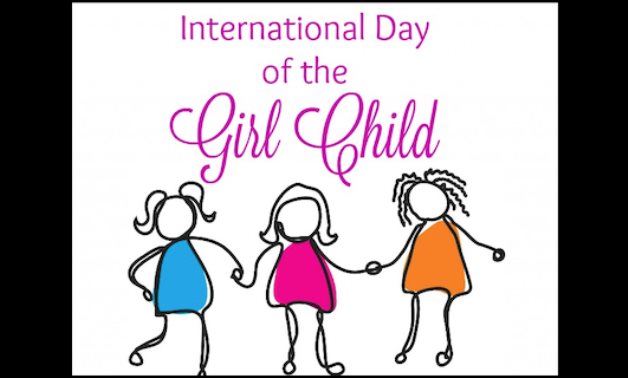It is midday in Kano, Nigeria. The streets are alive with energy as the city’s daily routine hums along – the blaring of car horns and vibration of motorcycles and tricycles blended with nearby music and the voices of the crowds.
Moving through the bustle, a group of immunisation campaigners added to the mix, we call out through hand-held megaphones. Our work as part of a national immunisation campaigners is to help raise awareness about routine immunisation, HPV vaccines and cervical cancer.
I do not watch or listen to ‘Brekete Family.’ The few episodes I watched, I found a little too sensational for my taste. Moreover, I do not like the idea of spending my precious time listening to tales of injustice. Is the world not full of that already?
However, I recognise that he has become even more famous over the past few months and people now quote him as if the self-proclaimed ‘ordinary president’ is some kind of expert.
- APC to Amaechi: If truly those in power steal money, why can’t you afford diesel?
- Gombe to begin N70,000 minimum wage payment October
Stay with me, I will explain.
It is October 11 again. A day set aside globally to celebrate the girl-child. The International Day of the Girl-Child, 2024, is a day dedicated to recognising and promoting the rights and well-being of girls worldwide. It emphasises the importance of empowering girls through education, access to healthcare and protection from violence and discrimination. This day also encourages girls to dream big, pursue their goals and contribute to building a more equitable and just world.
And how best can you empower girls to take charge of their health other than by health education and vaccination?
That is my grouse with the ‘ordinary president.’
Last year, in a statement that is yet to be retracted, he made some false utterances “…say make una sign, dem wan give cervical cancer vaccine to una daughters, make una no agree, America never get cure for cancer, China never get, UK never get, make una no forget wetin happen for Kano wey Pfizer kill many children. When the matter go court dem present document wey parents sign… their defense be say na with the consent of the parents. Na Bill and Melinda Gates Foundation na dem dey push this thing now…people wey talk say our population too much.”
It is almost a year since he said these words, but even as at yesterday, a woman still asked me: ‘Are you sure about this cervical cancer vaccine? Is it not the one that Ahmed Isah said we should not take?’ This was after I told her that I had vaccinated two of my children.
The World Health Organisation (WHO) licensed the first vaccine against HPV in 2006. There are now six types of vaccine approved for use. And they are all extremely safe. Since 2006, more than 500 million HPV jabs have been given across the world with no serious safety concerns. Experts on WHO’s Global Advisory Committee on Vaccine Safety regularly review data on HPV vaccines and have repeatedly declared them to be safe. HPV vaccines are most effective when given to girls before they become sexually active, so there’s less chance of them already being infected. The WHO recommends that vaccination starts at the age of nine.
Cervical cancer is the second most common cancer among Nigerian women. In 2022, more than 13,500 women were diagnosed, with 7,000 dying from the disease. Most cases of cervical cancer are caused by HPV, a virus transmitted through sexual contact. Being vaccinated is the most effective way to avoid HPV infection, and it can protect against the HPV strains that cause up to 90 per cent of cervical cancer cases.
Despite efficient HPV vaccines and more African countries becoming eligible for GAVI vaccine support, uptake remains low across the region. Many countries face vaccine hesitancy, misinformation and logistical challenges, such as vaccine storage and distribution. At the same time, socioeconomic inequities and gender and social norms are making screening, vaccination and treatment services less accessible and affordable for women.
Last year, at the Africa Human Capital Heads of State Summit, 43 African leaders signed a declaration committing to vaccinating 40 per cent of girls aged 15 by 2025.
Rwanda became the first African country to introduce a national HPV vaccination campaign through school-based programmes, which has achieved 98 per cent population coverage, with more than 1.2 million girls and women fully vaccinated.
When people ask why I am passionate about the HPV vaccine, I tell them that it is because it gives women a fighting chance. Who would not want to be vaccinated against cervical cancer? One less cancer to worry about? If this vaccine had been available some 40 or 50 years ago, how many women would have cervical cancer now? Very few, if any! Imagine the amount of resources we would save in this country if we did not have to treat cancer of the cervix! Just imagine!
The girl-child already has many challenges ahead of her – cervical cancer should not be one of them!

 Join Daily Trust WhatsApp Community For Quick Access To News and Happenings Around You.
Join Daily Trust WhatsApp Community For Quick Access To News and Happenings Around You.



